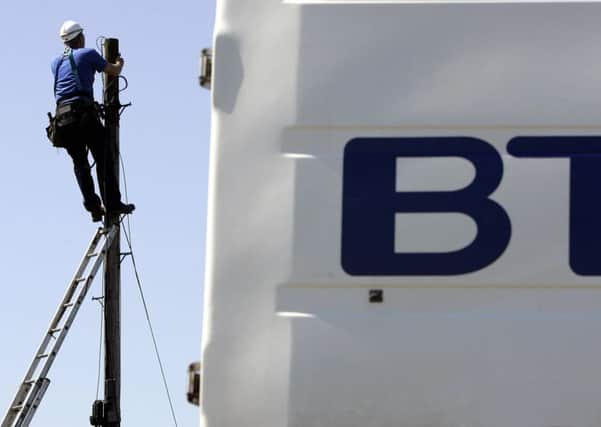Clive Betts: A game of monopoly where we all lose


You may be surprised to know that we have had laws against suppliers exploiting their market position for more than a thousand years. The Domesday Book records the action that could be taken against ‘foresteel’ – the practice of buying up all the goods before they reached market and then selling them at inflated prices.
Worldwide competition law in the 20th century was heavily influenced by the United States. Contrary to perception, the USA has always been tougher on market abuse. Fines imposed on the banks in the USA have been several times bigger than those in the UK. The US Managers of Towns and Cities have consistently recommended that councils shouldn’t outsource the whole of a function (from refuse collection to legal services) because, by doing so, they would both lose the ability to be an informed client and to avoid being ripped off by cartels.
Advertisement
Hide AdAdvertisement
Hide AdAfter the Second World War, Clement Atlee’s government introduced the Monopolies and Restrictive Practices Act in the UK and the founders of the European Economic Community inserted competition laws into the Treaty of Rome. Since then, we have been through several re-inventions of both competition law and the state bodies which are meant to act on our behalf. Today, we have the Competition and Markets Authority and various specific regulators, like Ofgem (gas and electricity), Ofwat (water) and Ofcom (telecoms).
It has always been the case that Conservative governments have wanted less intervention and Labour governments are instinctively more interventionist on behalf of consumers. What is unchallengeable is the ingenuity and determination of oligopolies to exploit their position at the expense of the customer. Too often, the regulators appear to be well behind the game.
In October 2012, Sky announced that it would increase phone line rental charges by 18 per cent. BT had already announced inflation-busting rises. Virgin and TalkTalk had already implemented way-above-inflation increases in line rental charges, but BT and Sky are the dominant domestic telecoms suppliers. These new charges were almost double those of the lowest-cost provider. There was no justification for any price rise. In fact, wholesale prices were falling.
I called on the Secretary of State for Trade and Industry and the competition authority (then the Competition Commission) to launch an investigation.
Advertisement
Hide AdAdvertisement
Hide AdI made the point that increasing the unavoidable line rental charges meant that those who made the fewest calls – typically pensioners – were getting the highest percentage increases.
Further, I was sharply critical of the suppliers’ claims that there was a ‘highly competitive market’, asking how it was that BT and Sky managed to arrive at the same charges for daytime calls and connection fees. I said that customers were being taken for a ride.
But, what was the response of the Conservative Minister, Ed Vaizey, and Ofcom then? They said that they believed the retail market was competitive and “… for Ofcom to open up an investigation in this area, it would need evidence of an abuse of a dominant position or evidence of collusion or anti-competitive agreements”.
They refused to budge from this position, despite the evidence staring them in the face. Now Ofcom has announced a review into “unnecessarily high charges paid by the estimated two million households who pay for a standalone landline service…. Ofcom is concerned that (these) people are not being served well by the market”.
Advertisement
Hide AdAdvertisement
Hide AdThe regulator finally admitted that all the major landline providers had raised charges significantly since 2010 by between 28 per cent and 41 per cent in real terms. This was despite a 25 per cent fall in the underlying wholesale cost.
Bluntly, customers have been taken for a ride while Ofcom and the Government have been asleep on the job. Ofcom has so far limited its review to ‘standalone landline charges’, affecting about two million customers, with low-usage users – typically the poorest and the elderly – over-represented.
This isn’t good enough. The investigation needs to be extended to cover all landline charges.
Clive Betts is the Labour MP for Sheffield South East.